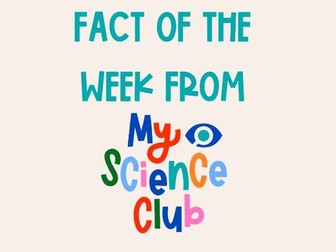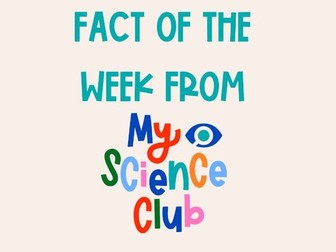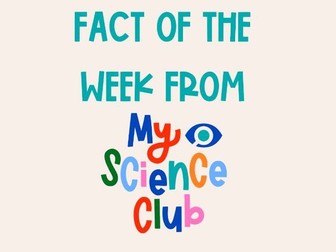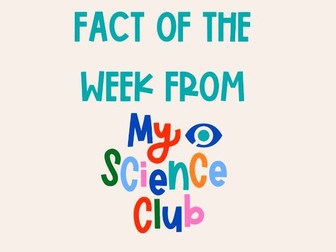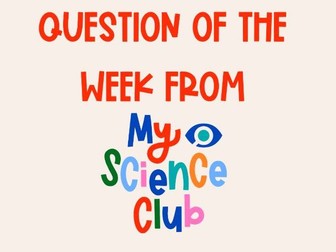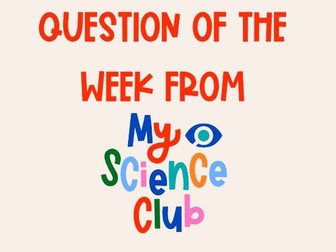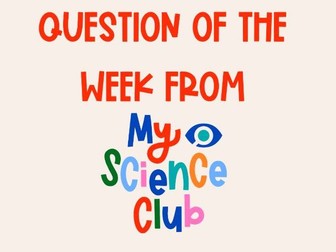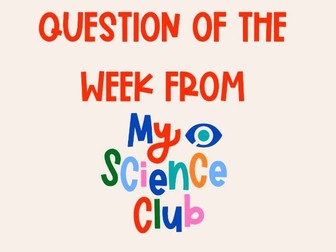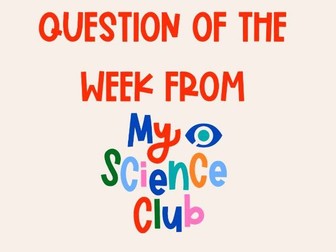
Fact of the week - set 3
Fact of the week is designed to provoke discussion, encourage oracy, develop science literacy and an understanding of the evolving nature of science in the real world.
In each pack, you’ll find 6 facts, each one accompanied by a high-quality image, one per week for a half term.
Ways to get the most out of our Fact of the Week resources:
• Introduce the fact at the start of the week in assembly, in the classroom at registration or at the start of the first science lesson of the week
• Position these facts as statements initially and use them to promote curiosity and discussion. Allow opportunities to question or challenge the fact. This may take some time as you develop this culture to develop in your setting
• Develop scientific literacy by modelling fact checking and considering how scientists and researchers have arrived at this fact
• Question the facts by considering what the initial question might be that led to this fact. Encourage as many of these as possible to help children understand that science is not a complete set of facts that need learning but an ever-changing body of knowledge and that their curiosity and questions have value too.
• Why not use these facts alongside our QUESTION OF THE WEEK resources which you will find in our shop too!
